Starting a vegetable garden
Brandy456
10 years ago
Related Stories
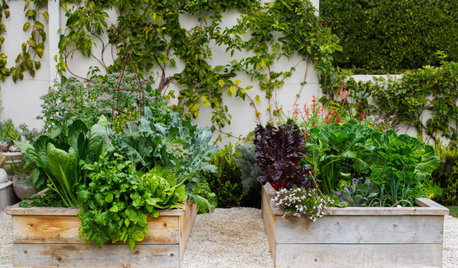
MOST POPULARHow to Start a Cool-Season Vegetable Garden
Late summer and late winter are good times to plan and plant cool-season crops like salad greens, spinach, beets, carrots and peas
Full Story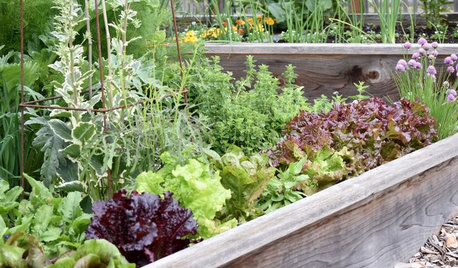
GARDENING GUIDESSeeds or Seedlings? How to Get Your Garden Started
Growing delicious herbs and vegetables starts with knowing your goals and when you want to plant
Full Story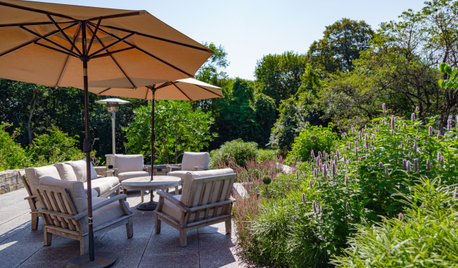
GARDENING GUIDESGet a Head Start on Planning Your Garden Even if It’s Snowing
Reviewing what you grew last year now will pay off when it’s time to head outside
Full Story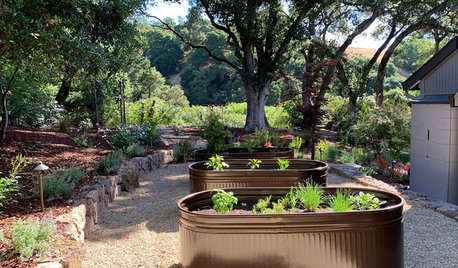
FARM YOUR YARD6 Things to Know Before You Start Growing Your Own Food
It takes time and practice, but growing edibles in the suburbs or city is possible with smart prep and patience
Full Story
GARDENING GUIDESHow to Stop Worrying and Start Loving Clay Soil
Clay has many more benefits than you might imagine
Full Story
HOUSEPLANTSHow to Grow Orchids Indoors
Orchids are the exotic aristocrats of the flower world and can make themselves comfortable in almost any home
Full Story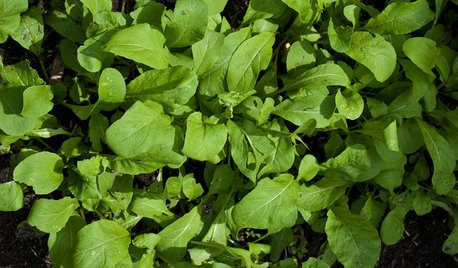
COOL-SEASON CROPSCool-Season Vegetables: How to Grow Salad Greens
From arugula to radicchio, greens have taken a top spot on the table and in fall and winter gardens. See how to start growing them now
Full Story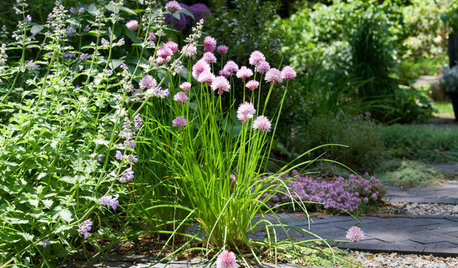
EDIBLE GARDENS8 Surefire Vegetables and Herbs for Beginning Gardeners
Learn the edible plants that are popular and easy to grow in a backyard or container garden
Full Story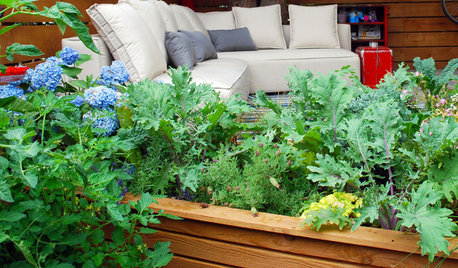
GARDENING GUIDESStep Right Outside for Fresh Herbs and Vegetables
Decks and patios can be convenient spots for edibles, and sometimes they even offer advantages over backyard gardens
Full Story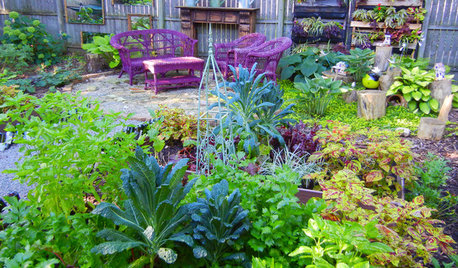
GARDENING GUIDESShades of Vegetable Gardens: Growing Edibles in Less Sun
See how one gardener produces a veritable feast of vegetables and herbs under a canopy of shade
Full Story





Deborah-SC
seysonn
Related Professionals
East Patchogue Landscape Architects & Landscape Designers · Brookline Landscape Contractors · Chelmsford Landscape Contractors · Choctaw Landscape Contractors · Costa Mesa Landscape Contractors · Fort Atkinson Landscape Contractors · Gresham Landscape Contractors · Hayward Landscape Contractors · Middletown Landscape Contractors · North Highlands Landscape Contractors · Palm Beach Gardens Landscape Contractors · South Farmingdale Landscape Contractors · West Orange Landscape Contractors · Oxon Hill Landscape Contractors · Eastlake Landscape ContractorsBrandy456Original Author
glib
mckenziek
Brandy456Original Author
Anne Wolfley
pnbrown
wayne_5 zone 6a Central Indiana
2ajsmama
glib
glib
mckenziek
garden_state
nancyjane_gardener
Brandy456Original Author
glib
2ajsmama